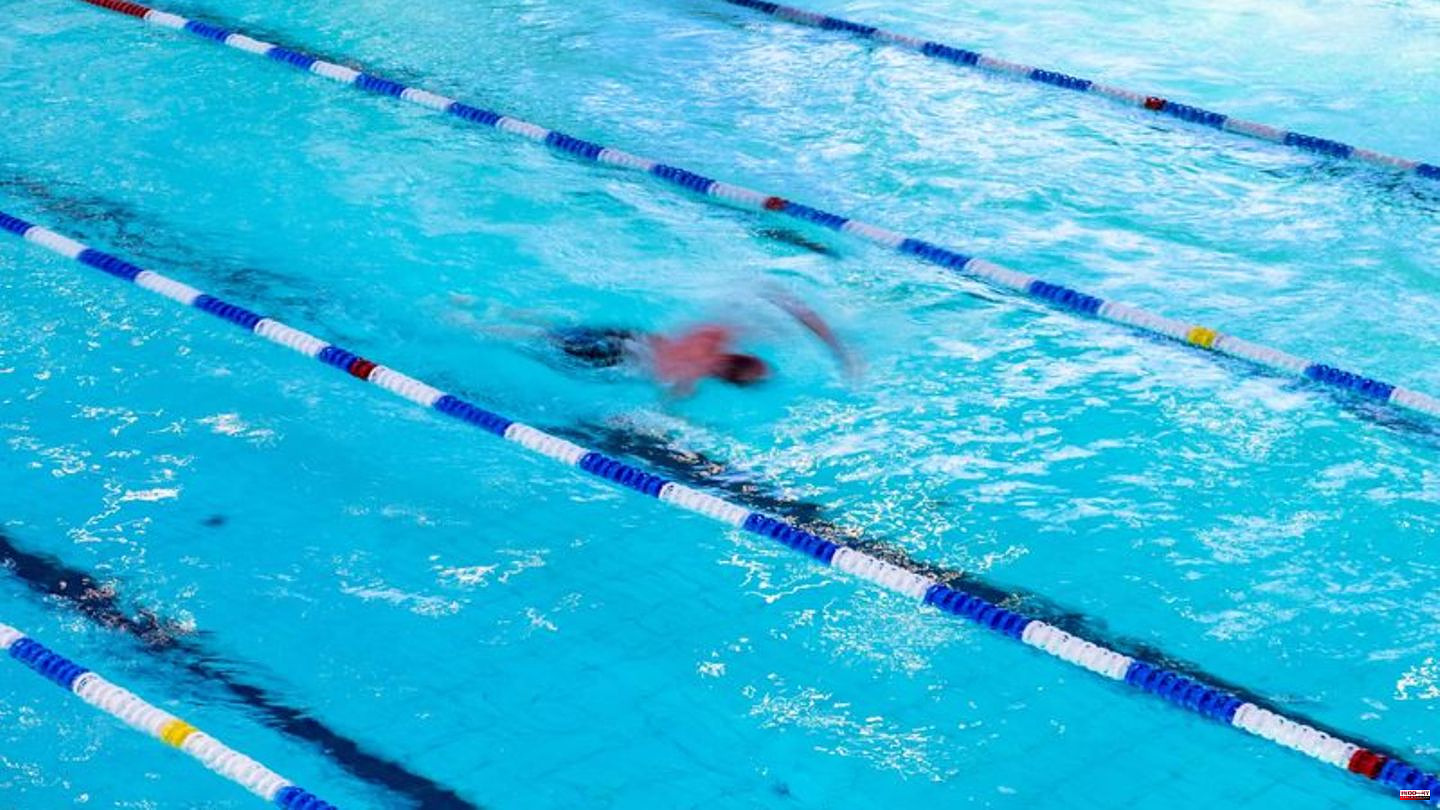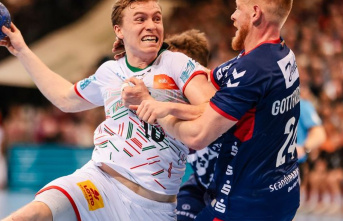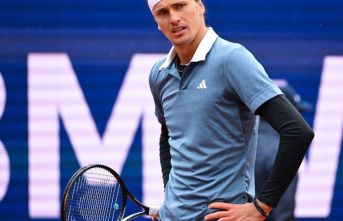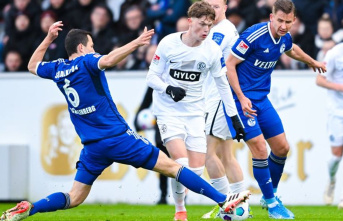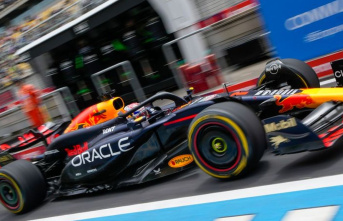More conscious heating, shorter showers and fewer floodlights: the approximately 90,000 sports clubs in Germany are to save at least 20 percent of their energy in the coming months.
With this appeal to its members, the German Olympic Sports Confederation wants to prevent the closure of swimming pools and sports facilities in the wake of the energy crisis. "Organized sport is making its contribution in this difficult situation and is once again assuming social responsibility," said DOSB President Thomas Weikert.
Detailed step-by-step plan
When it comes to saving energy, the DOSB wants to help the clubs with a detailed step-by-step plan. In it, the umbrella organization lists a whole bundle of possible measures. The clubs should check when and to what extent sports facilities and changing rooms really have to be heated for training and competitions. Reduced shower times are recommended, preferably with colder water. Dispensable electrical devices should be switched off, competitions and practice sessions should be held in daylight as often as possible, playing areas should be divided and used jointly.
In addition, the DOSB recommends that the clubs convert their lighting to more economical LED technology and modernize their heating systems. There is further savings potential through better insulation, the installation of timers and smart control systems. At the same time, the clubs should document the consumption of energy and water and thus identify further opportunities for savings. The DOSB wants to prevent renewed cuts in sports operations like during the Corona crisis.
Financial relief for the clubs demanded
At the same time, the umbrella organization misses support for sport in the third relief package that the federal government recently launched. "It cannot be that politicians repeat the mistakes of the corona pandemic and underestimate the importance of sport for society," said DOSB CEO Torsten Burmester. The consequences of the pandemic have exhausted the reserves of many clubs, and they can hardly cope with the sharp rise in energy costs.
Burmester called for "a noticeable financial relief" for the sports clubs. Organized sport with its 27 million members could "develop tremendous power, also when it comes to saving energy. But this power is finite," said the top official.
In mid-August, the sports ministers of the federal states asked the municipalities to keep swimming pools and sports facilities open for as long as possible, despite high energy costs. The German Association of Cities sees high savings potential, especially in swimming pools and sports halls, and warns of an ordeal.
A spokeswoman for the Federal Ministry of the Interior, which is responsible for sports, referred to the subsidies already flowing for "operating costs of the training facilities relevant to competitive sports". There is no information about the cessation of operations. In principle, cities and municipalities are responsible for the promotion of sports facilities. "The federal states are called upon to support the municipalities appropriately in the maintenance of sports facilities for mass sport and also do this with their own programs," said the ministry spokeswoman.
The football governing bodies have also called for energy saving. The German Football League recommended an individual energy saving target of 15 to 20 percent for the current season to the clubs in the Bundesliga and the 2nd division. The German Football Association has put a number of proposals to its members to avoid an "energy lockdown".

